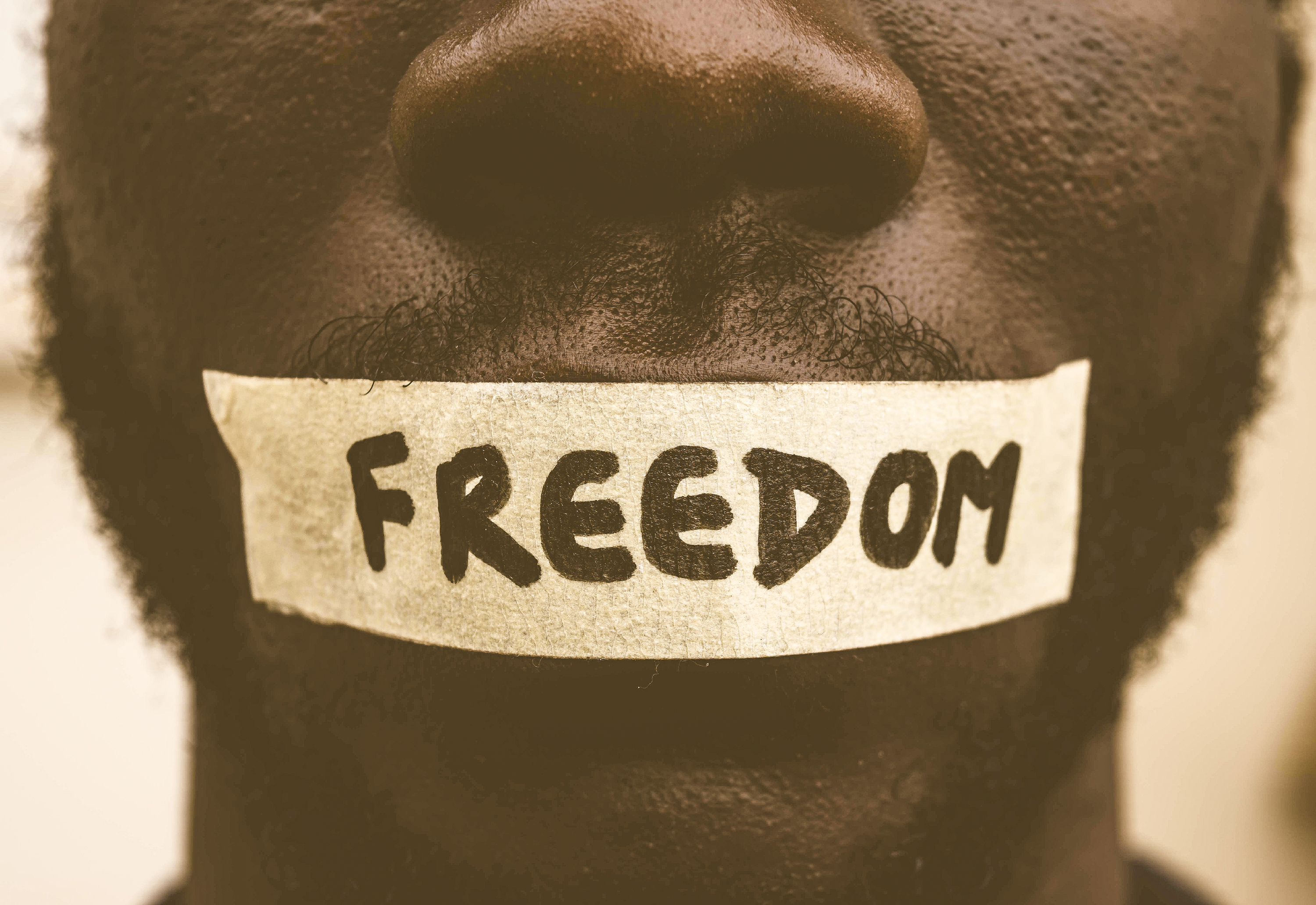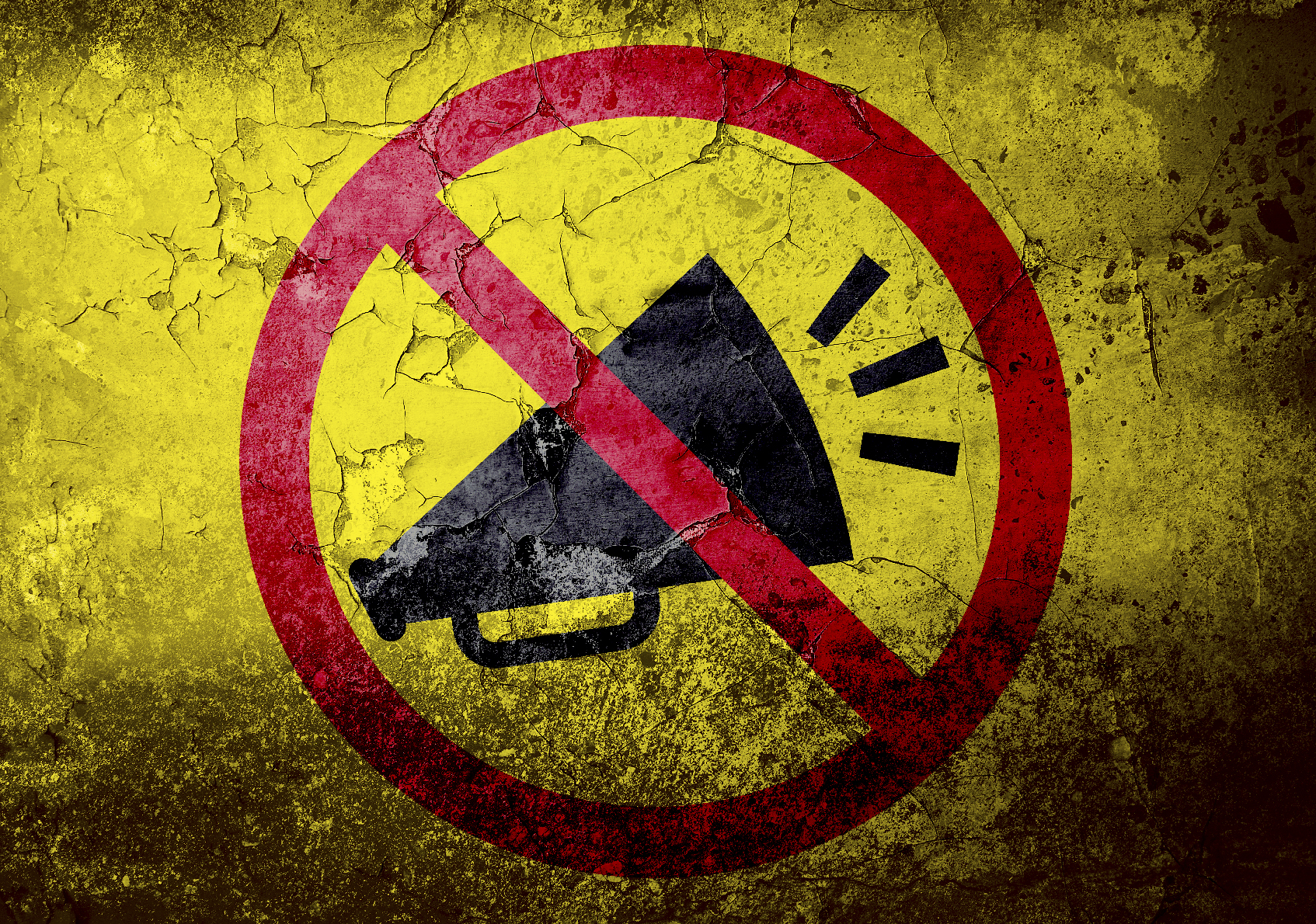
-
HOME
-
WHAT IS STANDOur Mission Our Values Our Help Contact
-
WHAT WE FIGHT FORReligious Freedom Religious Literacy Equality & Human Rights Inclusion & Respect Free Speech Responsible Journalism Corporate Accountability
-
RESOURCESExpert Studies Landmark Decisions White Papers FAQs David Miscavige Religious Freedom Resource Center Freedom of Religion & Human Rights Topic Index Priest-Penitent Privilege Islamophobia
-
HATE MONITORBiased Media Propagandists Hatemongers False Experts Hate Monitor Blog
-
NEWSROOMNews Media Watch Videos Blog
-
TAKE ACTIONCombat Hate & Discrimination Champion Freedom of Religion Demand Accountability
Why My Church Fights for Free Speech
“Everyone has the right to freedom of opinion and expression; this right includes freedom to hold opinions without interference and to seek, receive and impart information and ideas through any media and regardless of frontiers.”
― United Nations, Universal Declaration of Human Rights
“If freedom of speech is taken away, then dumb and silent we may be led, like sheep to the slaughter.”
― George Washington
Over two centuries ago, journalist James Callender published a lengthy piece accusing the United States government of corruption. In 1800, less than a decade after the ratification of the First Amendment guaranteeing freedom of speech and the press, he was tried, found guilty and sentenced to nine months in jail for the crime of “false, scandalous, and malicious writing, against the said President of the United States.” Mr. Callender’s guilt was based on the recently passed Sedition Act, which in addition to outlawing “false, scandalous and malicious writing” against Congress or the president, also forbade any efforts “to oppose any measure or measures of the government.”

In the early 1950s, Wisconsin Senator Joseph McCarthy ruined the lives of many on largely nonexistent evidence that they were a threat to America. He pounced on his critics by accusing them of themselves being Communists. But most damaging of all, he wreaked havoc on the First Amendment, claiming that even casual discussion of the ideas underlying Communism were dangerous, un-American and prison-worthy. The publicity his public hearings generated was powerful enough to guarantee that a person, once interrogated on such a mass media platform, even if innocent, would have a ruined life thereafter. Among the celebrities accused during the so-called “Red Scare” were Orson Welles, Zero Mostel, Helen Keller and Charlie Chaplin. Balladeer Pete Seeger—who wrote, “Where Have All the Flowers Gone?” “If I Had a Hammer” and “Turn, Turn, Turn” and who popularized the spiritual “We Shall Overcome” as the anthem of the civil rights movement—was sentenced to 10 years in jail for refusing to name names to the House Un-American Activities Committee. The sentence was later overturned.
“Freedom for Man does not mean freedom to injure Man. Freedom of speech does not mean freedom to harm by lies.”
Free speech is not free. It is not a given, even in lands such as freedom-loving America where it is guaranteed by law.
And so my church fights for freedom of speech.
There are two enemies of free speech: those who forbid it and those who use it for their own agenda.
The first category includes repressive regimes that clamp down on information by stifling the press, limiting internet access and even “vanishing” high-profile people who are critical of the government or who espouse differing “unacceptable” political or religious views.
The second category, arguably as vicious, is the bigot, the hater, the “commentator” who spews rumor and spins truth into falsehood for their own ends and then hides under the shelter of “free speech” to perpetuate the lies—protected by the very society they seek to subvert.

Scientology founder L. Ron Hubbard wrote, “Freedom for Man does not mean freedom to injure Man. Freedom of speech does not mean freedom to harm by lies.”
As a minority religion, my church and its people understand the distinction between the free-flowing and deep-seated interchange of ideas and beliefs and toxic hate speech meant to harm an individual or group.
Any similarity between free speech and hate speech is the similarity between a free-flowing river and an acid lake.
My church stands shoulder to shoulder with our sister religions in doing all we can do to decry and abolish hate speech while flinging open the gates to free and honest discourse.
Our creed asserts, “That all men have inalienable rights to think freely, to talk freely, to write freely their own opinions and to counter or utter or write upon the opinions of others.”
A world of honest and open communication is a free and happy world.
A world of twisted or silenced communication is little more than a dungeon.








